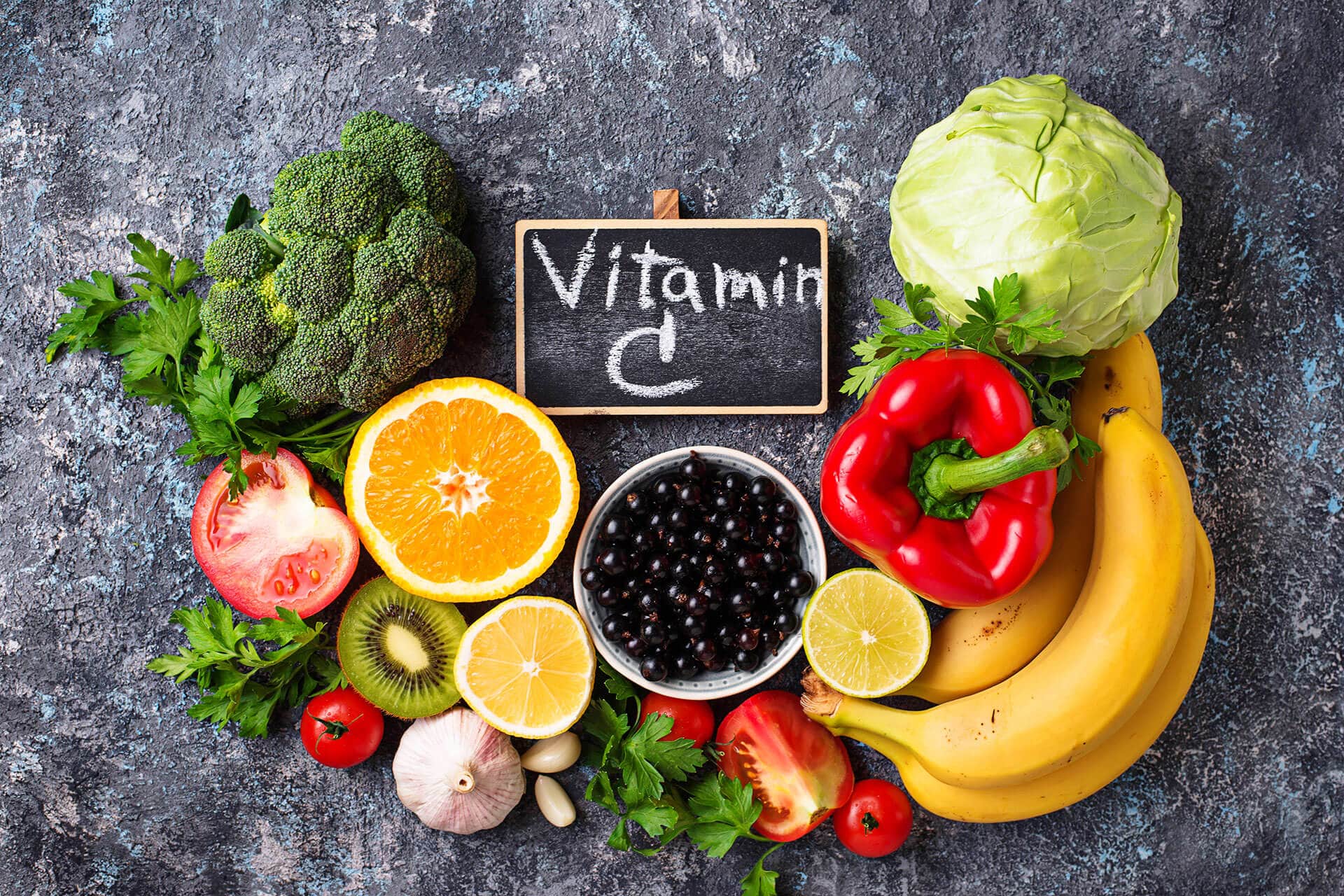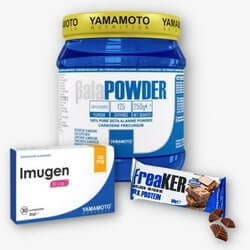So small, yet so important!

Vitamin C
Vitamin C or L-ascorbic acid is a water-soluble vitamin necessary for normal growth and development of the human body.
It is an essential nutrient, which means that our body cannot synthesize it, which is why it must be consumed regularly through a balanced diet. Raw fruits and vegetables are the best natural source of vitamin C.
The highest amounts are found in papaya, kiwi, citrus fruits (oranges, lemons, grapefruit and tangerines), strawberries, raspberries, pineapple, broccoli, red peppers, cabbage, Brussels sprouts, cauliflower, potatoes and tomatoes. Other sources are dietary supplements, foods and drinks fortified with vitamin C (bread, cereals, fruit juices, dairy products).
The absorption of vitamin C in the intestines is dose-dependent, which means that during the period of reduced intake it is stored in the body, and it is excreted more in the urine when the intake is higher.
Vitamin C participates in key metabolic processes that contribute to preserving vitality and improving the body’s resistance. It is necessary for the biosynthesis of collagen, the main structural protein of many connective tissues, such as tendons, ligaments, cartilage, bones, skin, blood vessels, cornea and dentin.
Another important role of vitamin C is to protect the body from the harmful effects of oxidative stress, caused by free radicals. A large number of scientific studies have established a link between oxidative stress and many diseases in humans, including stroke, coronary heart disease, neurodegenerative diseases, and some types of cancer. In addition, an adequate intake of vitamin C can contribute to the improvement of components of the immune system, which can alleviate symptoms and shorten the duration of upper respiratory tract infections.
Vitamin C also increases the absorption of inorganic non-heme iron and is included in many dietary supplements containing iron.
Chronic lack of vitamin C in the body leads to the appearance of a disease called scurvy. It rarely occurs in developed countries and is most often the result of inadequate nutrition. Some population groups, such as babies aged 6-12 months, the elderly, chronically ill people, pregnant women, nursing mothers, smokers and alcoholics have a higher risk of developing vitamin C deficiency or hypovitaminosis. The first symptoms are most often visible after a month of stopping the intake of vitamin C, and they include a feeling of fatigue, irritability, pain in the joints and muscles, and easy bruising. More serious symptoms, such as various hemorrhagic manifestations (bleeding gums, petechiae, internal bleeding), loosening of teeth, slow healing of wounds, chronic infections, swelling of the legs and irregular formation of bones and dentin occur after three months. Scurvy is successfully treated with oral vitamin C dietary supplements along with a well-balanced diet rich in foods high in this vitamin. Patients respond quickly to the therapy, with relief of milder symptoms already after 48 hours. Hemorrhagic manifestations usually persist during the next 2 weeks, and complete healing is expected after 3 months of supplementation. If left untreated, scurvy can lead to serious health complications and death.
Although considered a safe substance when used in recommended doses, vitamin C can cause side effects such as diarrhea, nausea, vomiting, stomach cramps, heartburn, skin rashes, and headaches.
People suffering from hemochromatosis, glucose-6-phosphate dehydrogenase enzyme deficiency, and kidney stones should avoid big doses of vitamin C, due to the possibility of developing serious side effects.
Interactions of vitamin C with the following drugs are possible: aspirin, paracetamol, ampicillin, tetracyclines, aluminum-containing antacids, warfarin, phenothiazines, barbiturates, adrenaline, oral contraceptives and nicotine preparations. People who are being treated with some of the mentioned drugs should use vitamin C when recommended by their doctor.
























